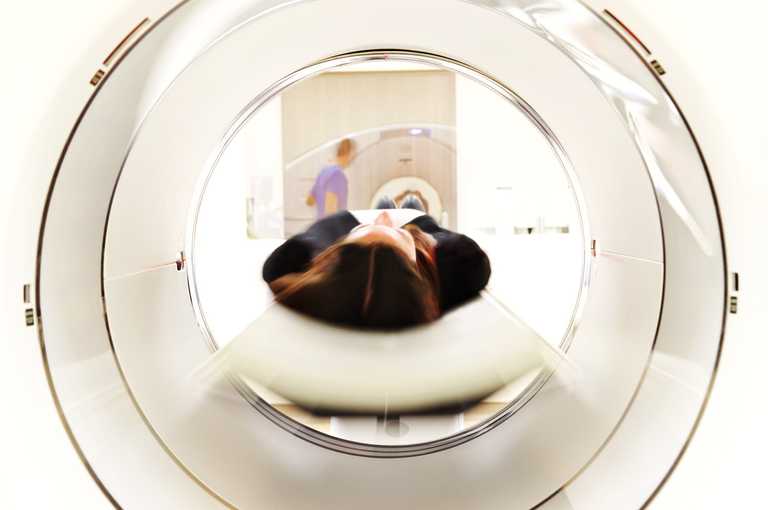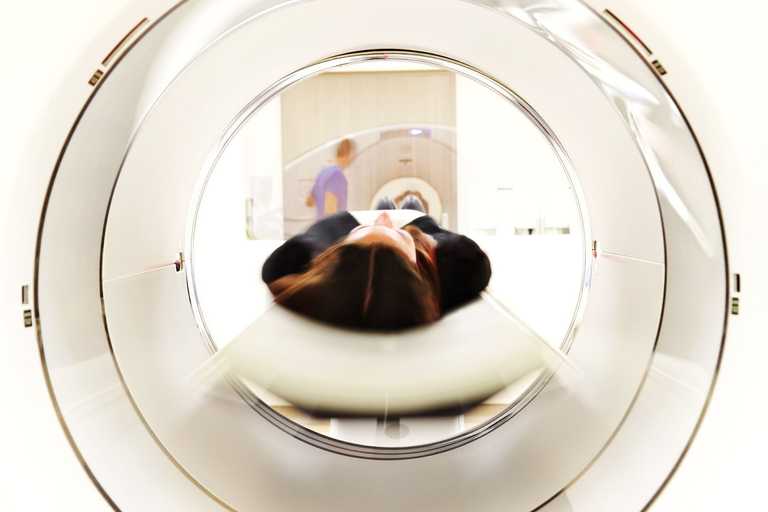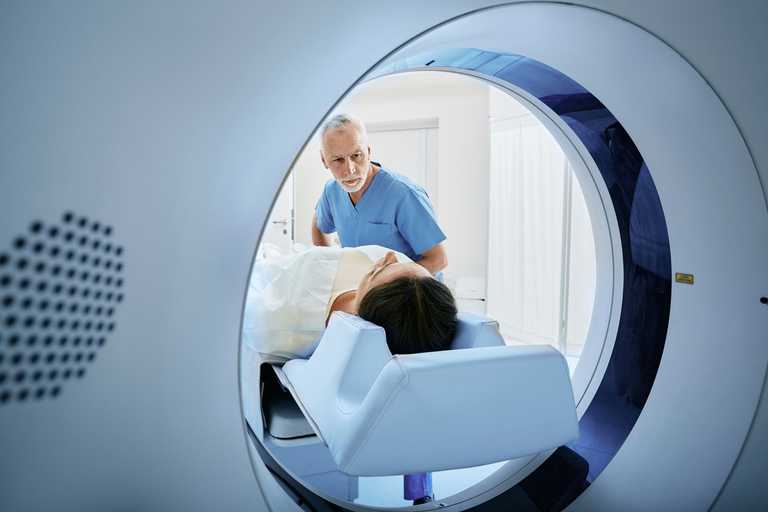
Health screening
A Prime Health personalised health check, will give you the information, advice and support you need to help y...
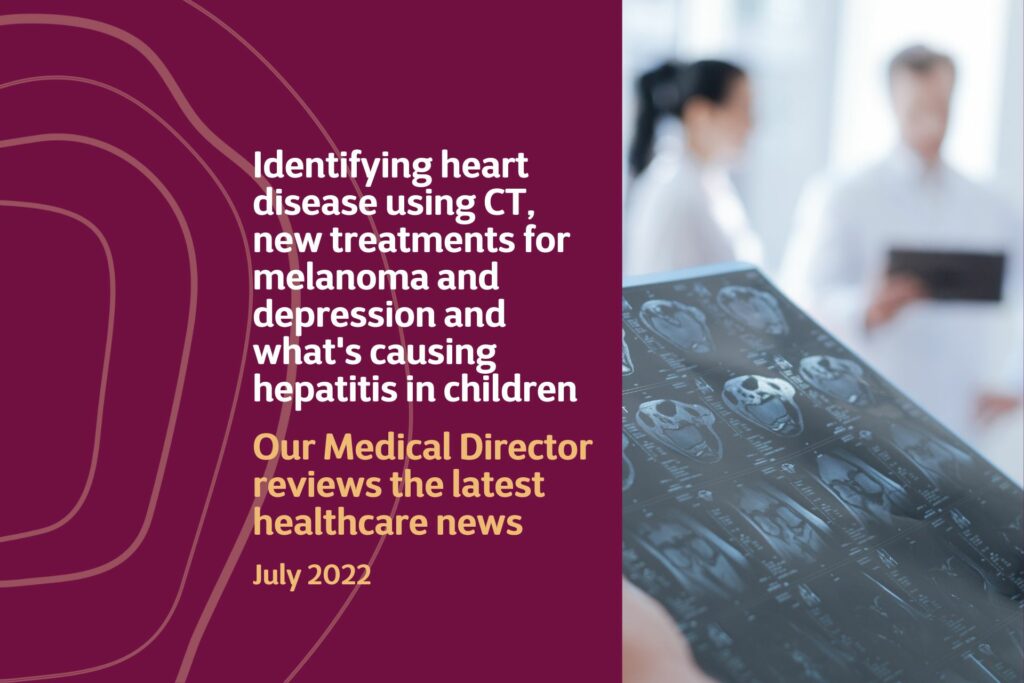
In the not too distant past the only way you could tell if your arteries were furring up was if you had an angiogram of your coronary arteries. This is an invasive process. A tube is inserted into your femoral artery in the groin, and manoeuvred round to the heart. Dye is then injected into the heart so that it flows through the coronary arteries. You could then see if there were any blockages or narrowing.
Today, modern CT scanners have revolutionised the ability to see arteries and now a quick thirty-minute (ish) scan with a simple injection of dye into your arm, can produce highly accurate pictures of your coronary arteries.
This has transformed imaging for heart disease and is now recommended by NICE.
It has also turned on its head our thinking of heart disease. When I started in medicine, and for many, many years heart disease was really all about plumbing. Your pipes furred up and when they reached a critical narrowing, usually 80- 90% you would develop angina; chest pain on effort and be at risk of a heart attack.
This was all due to fatty plaques furring up the arteries. Early on it was discovered that these plaques tended to become calcified and so early CT scanners would undertake what’s known as a calcium scan; which essentially look at how much calcium was in your arteries. This was a reasonable proxy for your risk of heart disease.
However, as technology advanced, we realised that most people having heart attacks aren’t severely furred up; they probably have blockages of just 30-40%. It then became apparent that there were different forms of plaques.
The different forms of plaque are calcified, soft plaques and some were a mix of soft and calcified. The soft plaques are the ones that are at risk of rupture. Calcified plaques tend to be more stable; indeed, it is known that statins help stabilise plaques and some studies have shown patients on statins tend to have more calcified plaques.
So, we’ve moved away from the plumbing model to one where it is crucial to understand the types of plaques you have so that treatment can be tailored to your risk.
Coronary artery CT is excellent at being able to determining plaque types. One of the benefits of this type of scan is that if it’s negative then you can be 99% certain you don’t have heart disease and that’s likely to hold true for at least eight years going forward.
CT scanning coronary arteries have certainly been a game changer in healthcare, and we’ve decided to start offering this service in the Autumn.
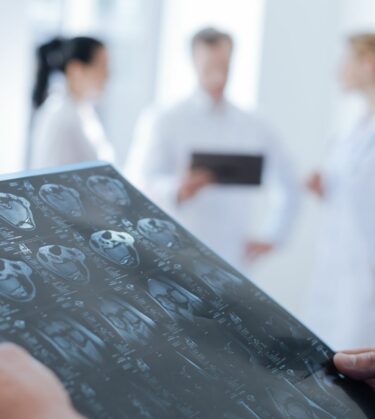
An interesting development has been reported in the New Scientist (NS). They report on a trial of deep brain stimulation as a treatment for severe depression. Now, before you throw your hands up in the air in horror, just read on a bit and all becomes clear.
NS reports on a trial undertaken at the University of Queensland, and that involved 25 people with severe depression. These patients were unable to work, had no social life and many had tried to commit suicide. They had failed to improve on all conventional treatments.
Deep brain stimulation involves inserting micro thin wires into the brain. The researchers inserted them into an area that is thought to be associated with depression. It’s a surprisingly simple and painless process as curiously the brain has no nerves to feel pain.
The thinking behind the trial was that in depression these brain areas are overactive in sending messages to different areas. These electrodes blocked those messages by transmitting a type of white noise; a sort of “jamming.”
They followed the patients up for six to nine years with a final check in 2019. The results showed that 44% had significantly improved with their depression score reduced by 50% or more. They also experienced a significant improvement in their quality of life. Around 30% partially benefitted with a reduction in their depression score of 25-50%.
This is a very significant improvement for those with the most challenging, essentially life-threatening depression. Further work is needed to confirm this study and then to see if a similar response can be achieved with surface scalp electrodes. If that’s possible this could transform the lives of many.
A subject I have reported on before is faecal transplants. The journal Nature reports on a fascinating case concerning malignant melanoma.
In 2019 doctors at the Sheba Medical Center in Israel collected stool samples from a patient who had widespread malignant melanoma. It had spread to many organs and his prognosis was poor.
The patient was treated with a new immune therapy and remarkably his disease disappeared. This does occur but is a very rare occurrence when the disease is so widespread.
Doctors then took some of his faeces and gave them to 26 patients with widespread melanoma who had previously failed to respond to immunotherapy. They were then treated once more with an immunotherapeutic drug and of the 26 a third now responded to the treatment.
The effect is modest BUT without the faecal transplant, zero would have responded. It seems the bacteria from the successfully treated patient was able to re-energise the immune systems of some of the other patients. It’s a real beacon of hope.
We are just beginning to understand the importance of our microbiome; the bugs that live in our guts and the team now need to dig deep into the ‘poo’ and work out what exactly is causing this effect.

I’ve covered this subject before in a previous article; the outbreak of hepatitis that we are currently seeing in young children.
Hepatitis is inflammation of the liver and over the past months, the UK and many other countries have seen a significant rise in this deadly disease. The only treatment for many of these youngsters is a liver transplant.
But the question everyone has been struggling to answer is what’s causing it. Two separate studies have now concluded that it may be related to an Adeno virus
Both studies found the presence of a virus called adeno-associated virus 2 (AAV2) in nearly all the affected children. It was also noted that all those developing hepatitis also had a gene defect which affected their immune response to this virus.
Nearly all children are affected by AAV2 in childhood, it is a common virus and was previously thought not to cause any harm. It inserts its DNA into the child’s cells and that DNA stays there for life. (This is not uncommon; indeed, our DNA contains the remnants of some ancient viral infections).
It seems that AAV2 is an unusual virus in that for it to replicate and turn into an infection it requires the presence of another virus such as another Adeno virus or herpes simplex (cold sore) virus – however nearly all these children had a genetic defect which affected their immunity.
The working hypothesis is that these children were infected by AAV2 in conjunction with another virus and because of their gene defect, which affects their immunity the virus quickly led to hepatitis.
It seems there’s always been a small background number of children with this type of hepatitis, but the numbers were very small. During lockdown, children were no longer exposed to the virus. Lockdown ends and then bang; a whole group of children are exposed to it in one go and we suddenly see much larger numbers. It is most likely a passing effect and the numbers will fall back down to a very low level as the group of children who were not exposed become exposed.
That’s all for this month!
Please remember any views expressed in the blog are mine alone, and the information is not to be taken as medical advice
A Prime Health personalised health check, will give you the information, advice and support you need to help y...
Prime Health gives you fast access to the latest CT expertise and technology so you can get diagnosed and trea...
Prime Health gives you fast access to the latest MRI expertise and 3T technology so you can get diagnosed and ...
Our all-inclusive diagnostic scanning package offers everything you need for quick, expert care—all for a fixed price.
Learn morePrime Health Surrey has enhanced its healthcare offering with the installation of a state-of-the-art CT scanner. Appointments available.
Learn moreIn partnership with the General Practice Group, we have extended our Private GP service to our centre in Brighton.
Learn moreRegister today for Prime Health Surrey's online booking system. Book and manage appointments at your convenience.
Learn more